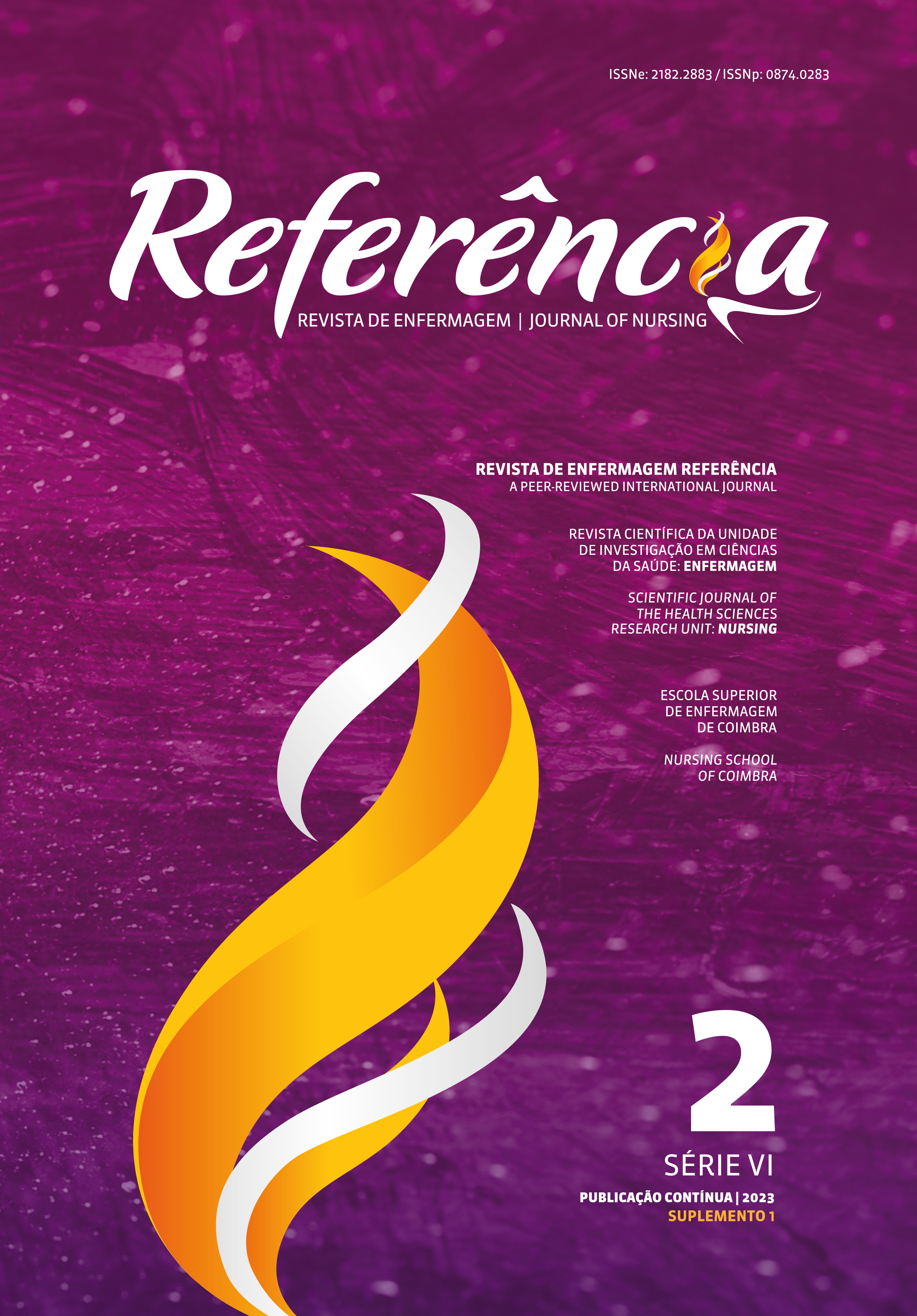Analysis of the context components proposed by the World Health Organization in a municipal health council
DOI:
https://doi.org/10.12707/RVI22032Keywords:
social participation, municipal health council, social determinantsAbstract
Background: Studies on social participation point out some limitations in participatory architecture. For this reason, the World Health Organization designed a model with key components for bringing civil society and governments closer together.
Objectives: This study aimed to identify the aspects that influence participation based on the components proposed by the World Health Organization.
Methodology: This case study used a qualitative and cross-sectional approach. Data were collected through document analysis, non-participant observation, and semi-structured interviews in 2020 and 2021 with the municipal health council members of an inland city in the state of São Paulo, Brazil.
Results: Weaknesses were observed in the council’s institutional structure, such as excessive bureaucracy, lack of user representativeness, and council members’ insecurity regarding the municipality’s health-related economic-financial issues.
Conclusion: There is a need to strengthen the culture of participation in this municipal health council, disseminate the activities developed, and reformulate the technical-bureaucratic dynamics that predominate in this environment.
Downloads
References
Avritzer, L. (2008). Instituições participativas e desempenho institucional: Algumas considerações sobre a variação da participação no Brasil democrático. Opinião Pública, 14(1), 43-64. https://doi.org/10.1590/S0104-62762008000100002
Bardin, L. (1995). Análise de conteúdo. Edições 70. Bastos Filho, R. A. (2015). Representação e o papel do conselho municipal de saúde de viçosa-MG no contexto local: A percepção dos conselheiros representantes da sociedade civil (Dissertação de mestrado, Universidade Federal de Viçosa). Repositório Institucional da Universidade Federal de Viçosa. http://bdtd.ibict.br/vufindRecord/UFV_e735b63235f64bd767d0301528ffc17
Bezerra, C. K., & Araújo, M. A. (2009). Conselho municipal de saúde de Pedras do Fogo - PB: Um estudo sobre participação. Revista de Administração em Saúde, 11(42), 30–42.
Bispo, J. P., & Serapioni, M. (2021). Community participation: Lessons and challenges of the 30 years of health councils in Brazil. Journal of Global Health, 11, 03061. https://doi.org/10.7189/jogh.11.03061
Bortoli, F. R., & Kovaleski, D. F. (2019). Efetividade da participação de um Conselho Municipal de Saúde na região sul do Brasil. Saúde Em Debate, 43(123), 1168–1180. https://doi.org/10.1590/0103-1104201912315
Cervia, S. (2018). Citizen engagement and the challenge of democratizing health: An italian case study. Revista Crítica de Ciências Sociais, 117, 145–166. https://doi.org/10.4000/rccs.8309
Coulter, A. (2013). Engaging patients in healthcare. McGraw Hill Professional.
Freitas, C., & Martin, G. (2015). Inclusive public participation in health: Policy, practice and theoretical contributions to promote the involvement of marginalised groups in healthcare. Social & Science Medicine, 135, 31–39. https://doi.org/10.1016/j.socscimed.2015.04.019
Farias Filho, M. C., Silva, A. N., & Mathis, A. (2014). Os limites da ação coletiva nos Conselhos Municipais de Saúde. Ciência &Saúde Coletiva, 19(6), 1911–1919. https://doi.org/10.1590/1413-81232014196.08062013
Jorge, M. S. (2013). Saúde e desenvolvimento local: Um estudo sobre o controle social do Conselho Municipal de Saúde de Ribeirão Preto (Dissertação de mestrado, Escola de Enfermagem de Ribeirão Preto). Repositório Institucional da Universidade de S. Paulo. https://www.teses.usp.br/teses/disponiveis/22/22131/tde-26092013-155532/pt-br.php
Kezh, N. H., Bógus, C. M., & Martins, C. L. (2016). Entraves à participação social dos representantes dos trabalhadores no conselho municipal de saúde. Saúde e Sociedade, 25(4), 950–963. https://doi.org/10.1590/s0104-12902016166156
Organização Mundial de Saúde. (2011). Diminuindo as diferenças: A prática das políticas sobre determinantes sociais de saúde: Documento de discussão. https://dssbr.ensp.fiocruz.br/wp-content/uploads/2020/10/Documento-Tecnico-da-Conferencia-vers%-C3%A3o-final.pdf
Patton, M. Q. (1999). Enhancing the quality and credibility of qualitative analysis. Health Services Research, 34(59), 1189–1208. https://www.ncbi.nlm.nih.gov/pmc/articles/PMC1089059/pdf/hsresearch00022-0112.pdf
Rocha, M. B., Moreira, D. C., & Bispo Júnior, J. P. (2020). Conselho de saúde e efetividade participativa: Estudo sobre avaliação de desempenho. Cadernos de Saúde Pública, 36(1), e00241718. https://doi.org/10.1590/0102-311x00241718
Schmidt, B., Palazzi, A., & Piccinini, C. A. (2020). Entrevistas on line: Potencialidades e desafios para coleta de dados no contexto da pandemia de COVID-19. Revista Família, Ciclos de Vida e Saúde No Contexto Social, 8(4), 960. https://doi.org/10.18554/refacs.v8i4.4877
Stralen, C. J. (2010). Os desafios da participação pública no sistema único de saúde: A experiência das conferências e conselhos de saúde.
Ventura, C. A., Serapioni, M., Miwa, M. J., & Jorge, M. S. (2018). Scope and limitations of municipal health councils: A case study. World Medical Health Policy, 10(1), 65–82. https://doi.org/10.1002/wmh3.259
Ventura, C. A., Miwa, M. J., Serapioni, M., & Jorge, M. S. (2017). Cultura participativa: Um processo de construção de cidadania no Brasil. Interface: Comunicação, Saúde, Educação, 21(63), 907–920. https://doi.org/10.1590/1807-57622015.0941

















